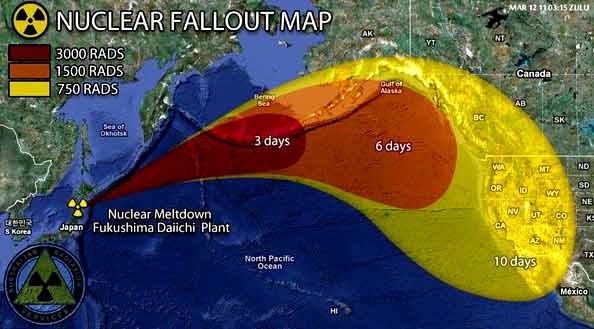Marshall Islands Journal, Jul 18, 2014 (emphasis added): Seawater check for radioactivity… the International Atomic Energy Agency (IAEA) visited the Marshall Islands earlier this month to train local officials to sample seawater for radioactive cesium… the IAEA Project [is] called “Marine benchmark study on the possible impact of the Fukushima radioactive releases in the Asia-Pacific Region.”… During a field exercise on July 2, two sets of seawater samples were collected… The samples were collected on filter cartridges coated with chemicals that will bond to the cesium element… This is the start of monitoring Marshall Islands seawater for cesium radioactivity which will be carried out every three months…
IAEA Board of Governors Meeting, Ambassador Glyn Davies, Permanent U.S. Representative to the IAEA, 2011: Today the Secretariat has presented to us a new Technical Cooperation project entitled “Marine benchmark study on the possible impact of the Fukushima radioactive releases in the Asia-Pacific Region.”… Member States in the region are understandably concerned for the safety of their marine environments. The IAEA has unique expertise to offer in helping them to assess how recent events in Japan may affect their food and water resources… The United States fully supports this project… While the Secretariat has demonstrated admirable flexibility and agility in assembling this project quickly to meet an urgent need, we recognize… extra-budgetary resources are required… My delegation is pleased to announce that the United States will immediately make available $400,000 for this new regional, Fukushima-related project… We hope this contribution will allow the project to move forward without delay…
IAEA Technical Cooperation Programme 2011–15: Marine benchmark study on the possible impact of the Fukushima radioactive releases in the Asia-Pacific Region… thisradioactive contamination could be transported and circulated through the Pacific Ocean… Member States have expressed concern about the possible impact of these releases on their coastal zones… Anurgent and harmonised regional approach is essential… The area potentially affected may encompass much of the Pacific Ocean, which covers one third of the area of the globe.

